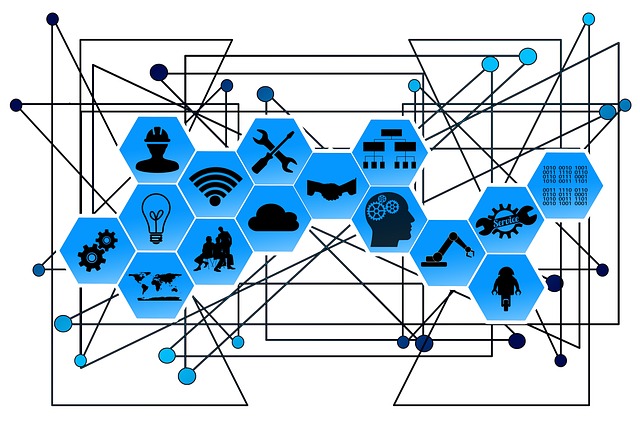Section 1: Introduction
The world is in the midst of a technological revolution, and at the forefront of this transformation is the rapid advancement of artificial intelligence (AI) technology. AI has been a buzzword for decades, but recent developments have brought it to the forefront of various industries, revolutionizing the way we live and work. From healthcare to transportation to finance, AI is transforming industries in ways that were once unimaginable. In this article, we will explore the limitless impact of AI technology and how it is revolutionizing industries around the world.
Section 2: The Power of AI in Healthcare
One of the most promising areas where AI is making a significant impact is in the healthcare industry. With the ability to analyze vast amounts of data and identify patterns, AI has the potential to revolutionize patient care. In fact, a recent report by Accenture estimates that the use of AI in healthcare could save the industry $150 billion annually by 2026.
One of the most significant ways AI is transforming healthcare is through medical diagnosis. AI-powered systems can analyze medical images, such as X-rays and MRIs, with greater accuracy and speed than human doctors. This not only saves time but also reduces the chances of misdiagnosis. In addition, AI is also being used to develop personalized treatment plans for patients based on their medical history and genetic makeup.
Another area where AI is making a significant impact is in drug discovery. With the help of AI algorithms, pharmaceutical companies can analyze vast amounts of data and identify potential drug candidates in a fraction of the time it would take traditional methods. This not only speeds up the drug development process but also reduces the cost of bringing new drugs to market.
Section 3: The Transformation of Transportation
The transportation industry is another sector that is being revolutionized by AI technology. With the rise of self-driving cars, AI is set to transform the way we travel. Companies like Tesla, Google, and Uber are investing heavily in developing autonomous vehicles that can navigate roads without human intervention. This has the potential to reduce accidents caused by human error and make transportation safer and more efficient.
In addition to self-driving cars, AI is also transforming the logistics and supply chain industry. With the help of AI-powered systems, companies can optimize their supply chain operations, reduce costs, and improve efficiency. For example, AI can analyze data on weather patterns, traffic, and other variables to determine the most efficient routes for delivery trucks, saving time and money.
Section 4: The Impact of AI on Finance
The finance industry is another sector that is experiencing a significant transformation due to AI technology. With the ability to analyze vast amounts of financial data, AI-powered systems can make more accurate predictions and decisions than humans. This is particularly useful in the stock market, where AI algorithms can analyze market trends and make investment decisions in real-time.
In addition, AI is also being used to detect and prevent fraud in the finance industry. By analyzing patterns and anomalies in financial transactions, AI can identify suspicious activity and alert financial institutions to potential fraud. This not only saves companies money but also protects consumers from identity theft and other forms of financial fraud.
Section 5: The Limitless Potential of AI
The examples mentioned above are just a few of the industries that are being transformed by AI technology. The potential of AI is limitless, and its impact will only continue to grow as the technology advances. From improving customer service to optimizing manufacturing processes, the possibilities for AI are endless.
However, with this limitless potential comes concerns about the impact of AI on the workforce. As AI technology becomes more advanced, there is a fear that it will replace human workers, leading to job losses. While this is a valid concern, it is essential to remember that AI is not meant to replace humans but to augment their capabilities. With the rise of AI, new job roles will emerge, and workers will need to adapt and acquire new skills to keep up with the changing job market.
Section 6: Conclusion
In conclusion, AI technology is revolutionizing industries in ways that were once thought impossible. From healthcare to transportation to finance, AI is transforming the way we live and work, making processes more efficient, and improving the overall quality of life. While there are concerns about the impact of AI on the workforce, it is essential to remember that this technology has the potential to create new job opportunities and drive economic growth. As we continue to witness the rapid advancement of AI, it is crucial for businesses and individuals to embrace this transformation and harness its limitless potential.

